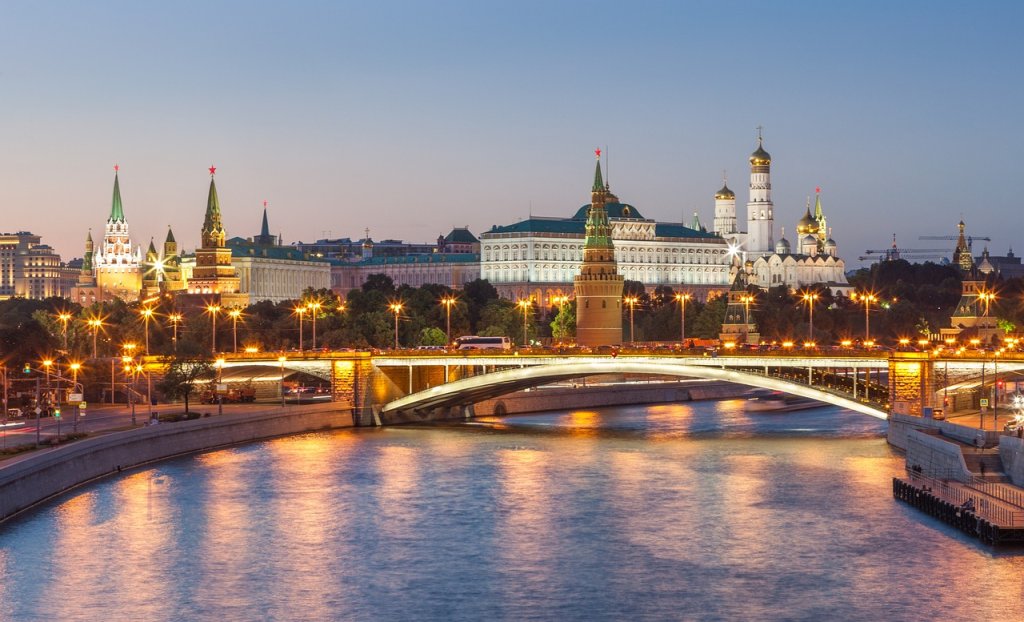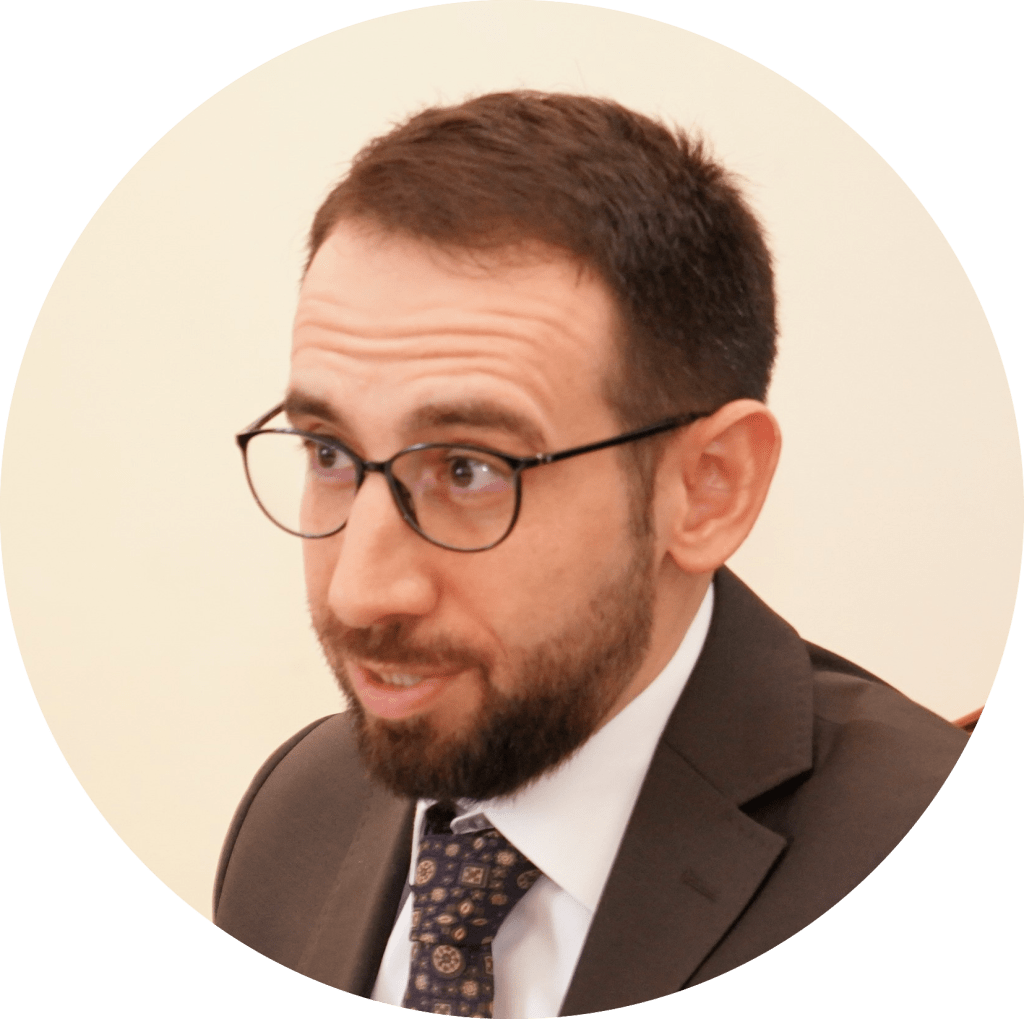
The upcoming presidential elections in the Russian Federation, set to take place this weekend, are a pivotal event in what is being dubbed the “election year” of 2024. With 110 million citizens eligible to vote, including those in occupied Ukrainian territories, there is an anticipated voter turnout of less than 70%, overwhelming majority of which will vote fore the incumbent President Vladimir Putin. This scenario is not unique to Russia but is a hallmark of post-Soviet states, where elections often serve more as a formality to legitimize existing power structures rather than a genuine competition between rival political forces.
Vladimir Putin, having been at the helm since 2000—with a brief interlude from 2008 to 2012 when Dmitry Medvedev took over—has adeptly consolidated his power across Russia’s political, military, and economic spheres. The continuity of Putin’s presidency thus promises a stable, predictable political climate for Russia’s elite, discouraging any potential challenges to his leadership. This stability is further ensured by a constitutional amendment made in 2020, which allows Putin to potentially remain in office until 2036, extending his tenure well beyond the original limits set by the Russian Constitution.
The upcoming Russian presidential elections paint a picture of an electorate that, while seemingly apathetic about the prospects of real political change, is deeply concerned about specific domestic issues. As is common in most post-Soviet states, and from what I have observed during my many election observation missions, election days are treated like holidays. People are welcomed with music and refreshments at the polling stations, turning the act of voting into a social event where neighbors mingle and perform their civic duties. Such lethargy towards the electoral process is not unfounded; the landscape is characterized by a system where opposition is systematically weakened, disqualified, or faces insurmountable obstacles, rendering the election outcomes predictable.
However, beneath this veneer of political indifference lies a populace, especially the youth, that is deeply concerned about issues directly affecting their daily lives and economic well-being. Pension reforms, for instance, often spark significant public unrest in the past, pointing to a society that, when pushed on matters of personal welfare, is willing to voice its discontent. As such, while the overall electoral landscape may appear muted, there exists an undercurrent of focused concerns that have the potential to stir the electorate, should they feel their immediate interests are at stake.
In this electoral environment, the presence of opposition candidates, despite their slim chances of success, is still significant in a way unique to Russia’s political atmosphere. These candidates, hailing from diverse political traditions and advocating varying policies, play a crucial role in ensuring that the current government could see which agenda could gather more supporters. Their participation, even if symbolic, contributes to a broader political discourse and helps to solidify their positions within the Russian political landscape as well. The main opposition figures in the 2024 elections include Nikolay Kharitonov, backed by the Communist Party; Leonid Slutsky, supported by the far-right Liberal Democratic Party; and Vladislav Davankov, representing the center-right New Party. Each of these candidates represents a different facet of Russia’s political spectrum, aiming to voice their opinions through the platform of Presidential Elections without directly challenging Putin.
However, the road to candidacy is fraught with obstacles, as seen in the exclusion of prominent opposition figures like the late Alexey Navalny, who died in the prison on February 16, 2024 and Boris Nadezhdin, who opposed Russia’s invasion of Ukraine from the race, under pretexts of irregularities. This selective gatekeeping by the Russian Central Election Committee illustrates the challenges faced by those seeking to challenge the status quo.
Looking ahead, a reelected Putin is expected to double down on his assertive stance, both domestically and on the international stage. With the security of another six-year term, the Putin administration will likely pursue a path of further consolidation of power within Russia, stifling dissent and tightening control over the political landscape. Internationally, Putin’s Russia will continue to project its power assertively, as evidenced by its actions in Ukraine. Despite potential economic sanctions and international condemnation, Putin’s long tenure has demonstrated a willingness to bear such costs in pursuit of broader geopolitical ambitions. This assertiveness, underpinned by a strategic calculus that values geopolitical influence over diplomatic conciliation, will likely define Russia’s approach in the coming years, shaping not only its own future but also that of the international order.
The 2024 Russian presidential election encapsulates the continuation of Vladimir Putin’s longstanding governance, reflecting both the stability and the challenges of Russia’s political landscape. Amidst a backdrop of predetermined electoral outcomes and minimal opposition, Putin’s likely reelection signifies a further consolidation of power, which may embolden Russia’s stance both domestically and internationally. This scenario underscores the complexity of Russia’s political dynamics, where the interplay between governance, opposition, and the electorate continues to evolve within a tightly controlled system. As Russia prepares for another term under Putin, the global community watches closely, aware of the implications for international relations and domestic policy.

Muhammet Koçak, Dr., Social Sciences University of Ankara
Muhammet Koçak serves as an Assistant Professor at the Social Sciences University of Ankara, within the Institute for Regional Studies. His research is primarily centered on International Security, with a special emphasis on Turkey, Russia, and the Turkic World. Koçak earned his PhD from Florida International University, where his dissertation on Turkey-Russia Relations was later published by Lexington Books in 2021. He has authored numerous research articles addressing a variety of regional issues. Additionally, Koçak is an active commentator on current developments, frequently sharing his insights through various media outlets and on his Twitter account @muhammedkocak.
To cite this work: Mehmet Koçak, “The Uncontested Throne: Putin’s 2024 Win and the Muted Voices of Discontent”, Panorama, Online, 15 March 2024, https://www.uikpanorama.com/blog/2024/02/18/clean
Copyright@UIKPanorama All on-line and print rights reserved. Opinions expressed in works published by the Panorama belongs to the authors alone unless otherwise stated, and do not imply endorsement by the IRCT, Global Academy, or the Editors/Editorial Board of Panorama.


